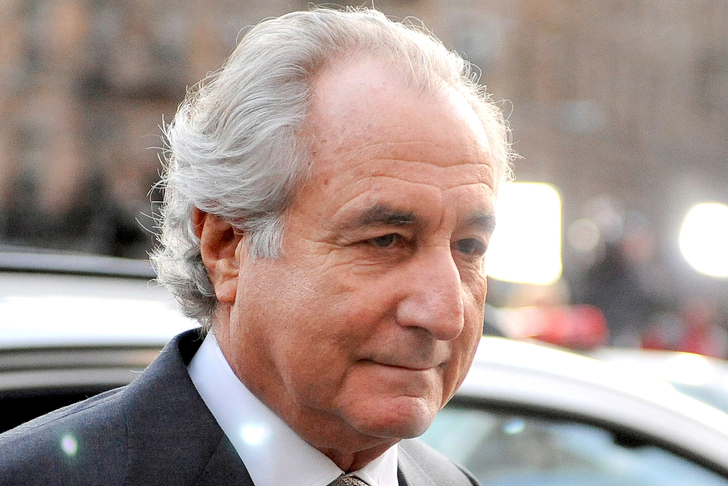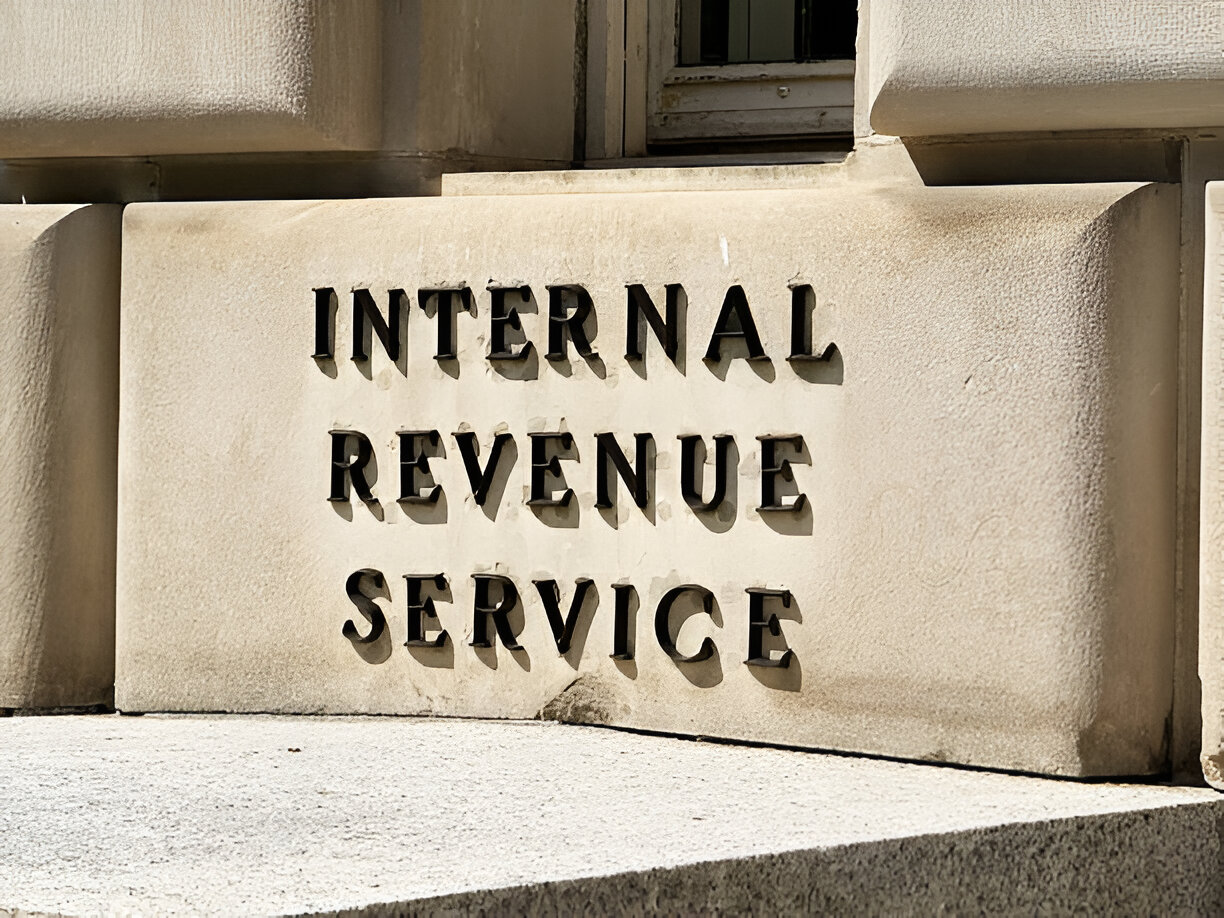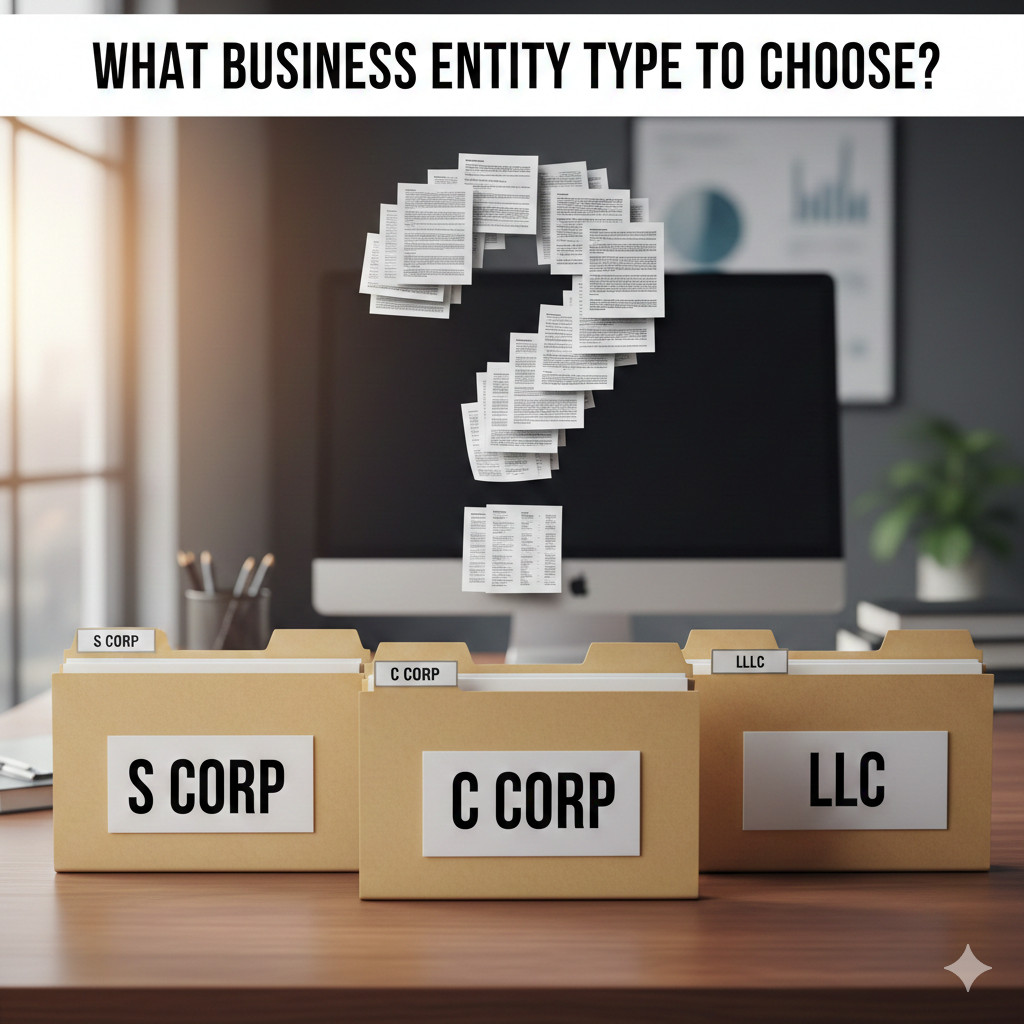Bernie Madoff is serving time in federal prison — a 150-year sentence, to be exact — for concocting a massive Ponzi scheme that bilked billions from unsuspecting investors. Some of those victims have sought partial retribution from the IRS in the form of theft loss deductions. A deductible loss may be available where investment holdings are found to be worthless.
Now, in a new case of first impression, the Tax Court has extended tax relief to an estate with an interest in an account managed by the infamous Madoff firm (Estate of Heller, 147 TC No. 11, 9/26/16).
To qualify for personal loss deduction for a worthless investment, an identifiable event must have caused its value to drop to zero. For instance, a steep decline in the value of a stock, by itself, doesn’t suffice. The stock can’t have any recognizable value. If you qualify, you may deduct the loss in the tax year in which the stock becomes worthless.
The new case raises another interesting proposition: Generally, federal estate tax is imposed on assets owned by the decedent, based on the value of those assets on the date of death, and reduced by certain deductions, including casualty and theft losses.
If investment interests owned by a decedent become worthless, can the estate claim a loss deduction?
Here are the key facts: The decedent, who died on January 31, 2008, owned a 99% interest in a family limited liability company (LLC), with the remaining 1% shared equally by his son and daughter. The only asset of the LLC was an account with Madoff’s firm. Between March 4, 2008 and November 28, 2008, $11.5 million was withdrawn from the Madoff account, which was valued at $16.6 million at the date of death.
On December 11, 2008, Bernie Madoff was arrested and charged with securities fraud relating to a multibillion-dollar Ponzi scheme. As a result of the Ponzi scheme, the decedent’ account with Madoff’s firm became worthless.
The estate filed its estate tax return on April 1, 2009. It reported a gross estate of $26.3 million gross estate, including the $16.6 million value in the LLC, and a $5.2 million theft loss deduction relating to Madoff’s scheme. The IRS challenged the loss deduction and the case eventually went to court.
The Tax Court reasoned that estate tax is imposed on the value of property transferred to beneficiaries. Thus, it said that a reduction in the value of property results in a loss to the estate. In doing so, the Court refuted the IRS’ argument that the loss was incurred by the LLC, not the estate. Citing legislative language, the Tax Court found a “sufficient nexus” between the theft and the estate’s loss. Accordingly, it allowed the estate to claim the loss deduction.
This outcome could lead to estate tax savings for families in similar situations. When appropriate, revisit this issue with clients.
Thanks for reading CPA Practice Advisor!
Subscribe Already registered? Log In
Need more information? Read the FAQs



